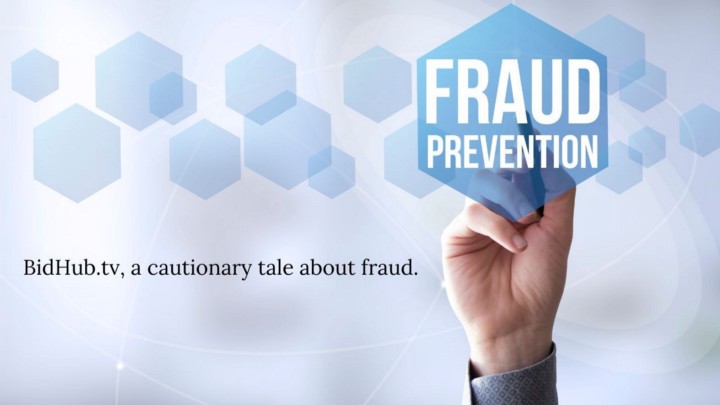
Many people want to be their own boss, and they feel running their own startup is a way to do it. However, being an entrepreneur is not for the faint of heart. Startups are all about risk, but how much risk is too much? Is it necessary to put it all on the line? Honestly I don’t think so. I know there are plenty of stories of founders who put their house up or personally guaranteed loans they couldn’t afford, so on and so forth. But for every one of those stories there are 10 untold ones about founders who gambled and lost big. Now I am not saying you shouldn’t take uncomfortable risks–that is just part of the game in startups sometimes. However there are some things to avoid when starting your venture.
Don’t assume funding will happen
I worked at a startup where the owner was the angel investor and led with the idea that if he could keep the company afloat long enough it would succeed by surviving the competition and more investors would come. In reality this didn’t happen. Over 1 million dollars was dumped into the company within the first year and more dumped in over the next but in the end it still failed and the owner was out a lot of money.
Most of the time there is no need for a founder to put that much risk in the game. There are plenty of early stage and angel investors who fund ideas. In the end the true danger of startups is leaping without a clear plan. So before you take the jump:
Pitch your Idea
Pitch to your friends or some angels and pay attention to their feedback. If it’s a good idea they will either show interest in investing or recommend you to others. If none of them are willing to do either it may be a good indication that there isn’t a strong interest in your idea at this time.
Play the Devil’s advocate.
Figure out the worst case scenario for your idea. If that scenario scares you then step back and figure out what is missing to avoid that scenario. If you can’t solve it then it may be time to reconsider.
Talk to other founders
Look them up on LinkedIn, many are glad to talk about their experiences. The more you know heading into your first startup, the more mistakes you can avoid.
Research, Research, Research.
Find out if there are ideas like yours that have been tried before or are currently out there. I have witnessed pitches that were completely oblivious to the fact that their product already existed.
While you cannot guarantee success, you can at least go into your venture with a better understanding of what the risks are and where your breaking point is.





